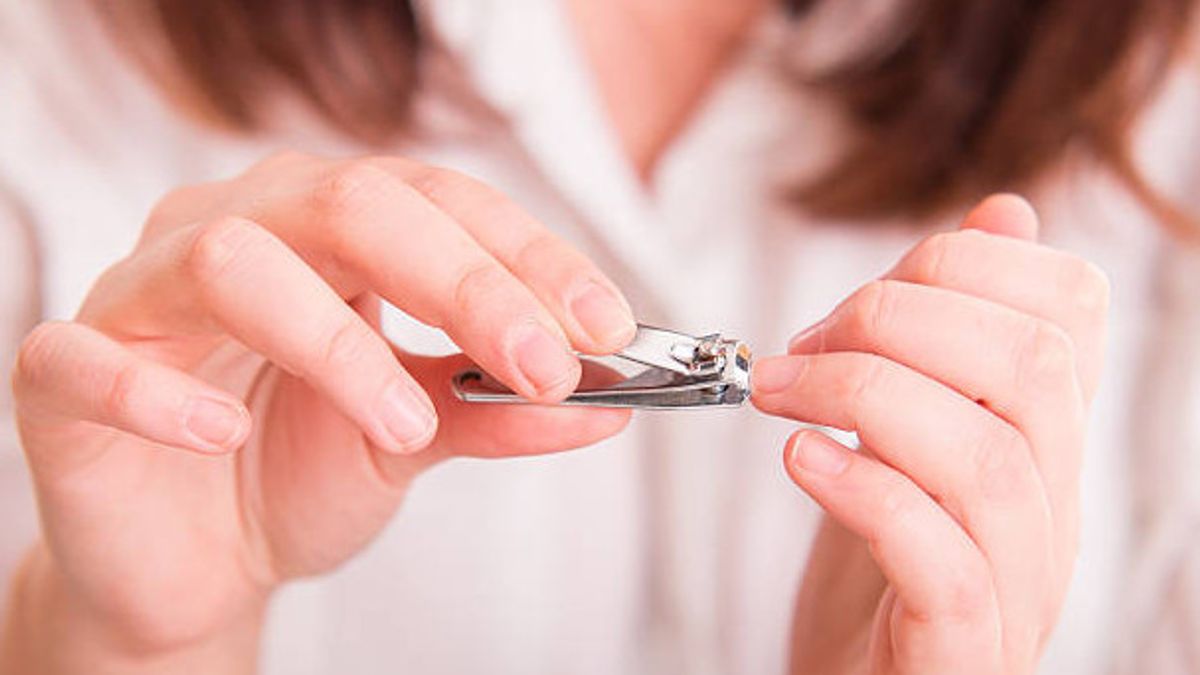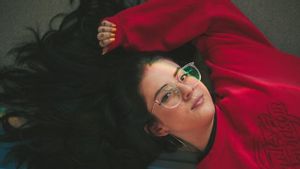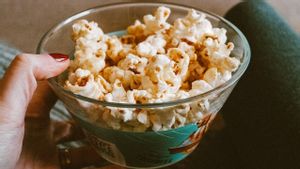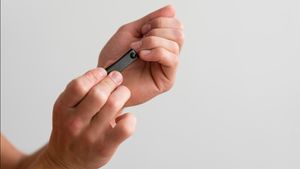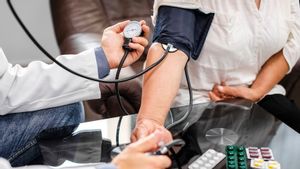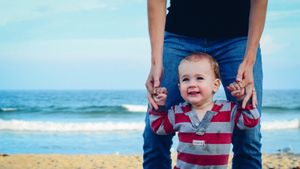JAKARTA - Borrowing nail scissors to family or friends seems to be often done by most people. This sounds trivial, but it can actually have a bad impact on health.
According to the American Academy of Dermatology (AAD), it is said that lending or wearing nail scissors with other people. Even family or partner, it should not be done. When lending the cutting tool to other people, the dirt can move.
Sharing nail clippers with other people can transmit infections to your nails or the surrounding skin. Including onikomicosis (cubewash), steaming, and amphibious disease, says AAD. (Pun, you also have a risk if you share file files of nails, shoes, rollerblading, or towels.)
But actually, the risk of contracting is relatively small when you are a healthy adult and share nail scissors with other healthy adults.
A healthy immune system can often protect you from potential infections, says Brendan Camp, MD, assistant clinical professor of dermatology at Weill Cornell Medical College in New York City.
But there is still a risk if you use contaminated tools, Camp continued.
If one of the users of nail clippers at home experiences nail or skin infection. It is possible that the transmission to other people who use nail scissors is almost 50 percent, according to a review in January 2022 in Journal of Fungi.
Bacteria or fungi are more likely to cause infection if you have open wounds around your nails, says Dr. Camp. Suffering from diabetes or conditions that weaken your immune system also make you more vulnerable, according to the Centers for Disease Control and Prevention.
The type of infection spread by nail clippers is usually not serious unless you have a weak immune system. But problems such as waterbugs and opaques can feel itchy and uncomfortable. And fungal infections can dry your fingers or feet, brittle, change color or smell. And it takes months to recover, notes the Mayo Clinic quoted from Livestrong, Thursday, December 14.
SEE ALSO:
Buying nail scissors yourself and not lending it to others is an easy way to reduce the risk of nail and skin infections, says Dr. Camp. This is very important especially if there are family members who are known to have this disease, or if you are at higher risk of infection.
If you use other people's scissors, you have to clean them first, advises AAD. You can do this by washing it with soap and water, then wiping it with alcohol. Sanitation means you lower the amount of dirt and germs on the surface to a safe level. This is not the same as sterilizing, which if done properly, will remove all the oil' and germs, explained Dr. Camp.
Using joint nail clippers can increase the chances of developing nail or skin infection. While the risk is not great for healthy adults, there is a possibility that you will catch germs if people who borrow your nail scissors have an active infection. You may also be more sick if you are at higher risk of contracting the disease.
The English, Chinese, Japanese, Arabic, and French versions are automatically generated by the AI. So there may still be inaccuracies in translating, please always see Indonesian as our main language. (system supported by DigitalSiber.id)
